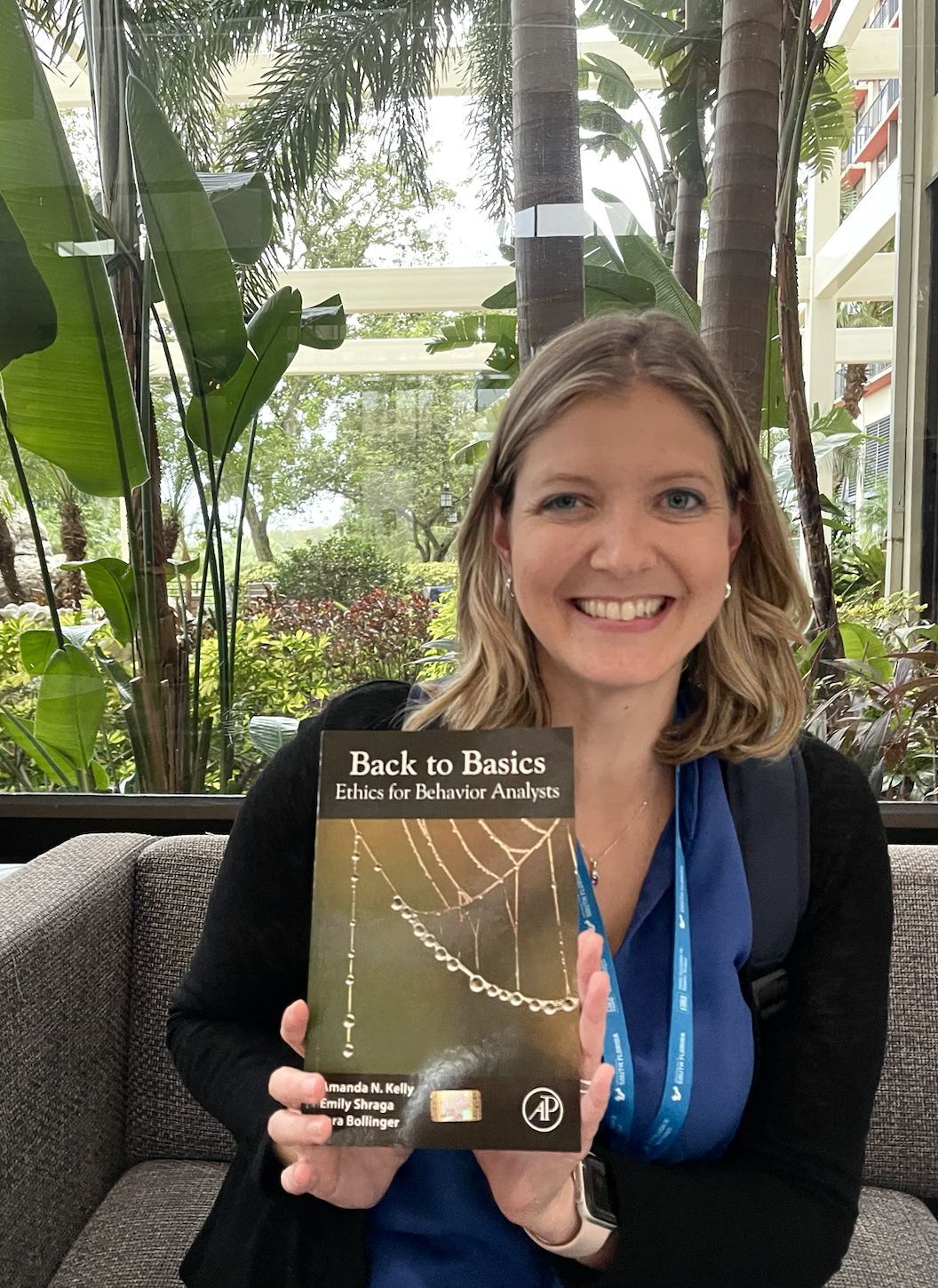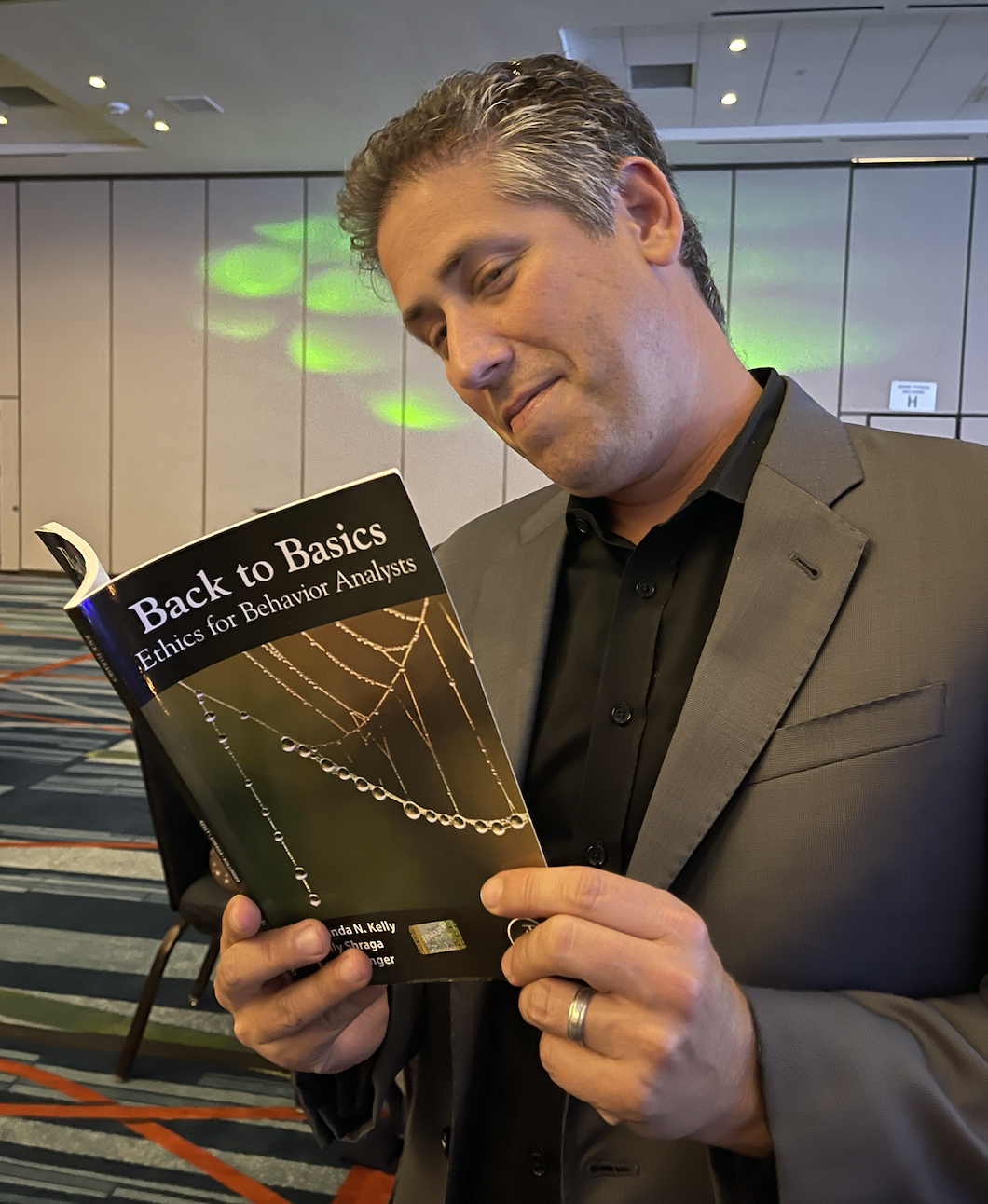-
Back to Basics: Ethics for Behavior Analysts
In day-to-day practice, behavior analysts face many complex challenges that require both an accurate interpretation of ethical guidelines and a fair amount of independent judgment. This text guides readers on how to prevent conflicts and develop comfort where there is discomfort, while it also effectively and ethically disseminates information about the science of behavior analysis. Informed by the authors’ decades of practice, this book provides a guide on how to successfully navigate ethical dilemmas using real-life scenarios.
-
Ethical Dilemmas
Ethical dilemmas are commonplace. While the Behavior Analysis Certification Board (BACB) has created guidelines for such matters, real world scenarios do not often fit into the examples provided. In day to day practice, we are faced with complex challenges that require both an accurate interpretation of the guidelines, and also, a fair amount of independent judgment for the situations that aren’t black and white (which, let’s face it, a ton of them are not so cut and dry). We need help and collaboration to make the right decisions.
-
3 Basic Questions
When approached with a questionable situation or ethical concerns, behavior analysts should rely on three (3) specific questions (Cooper, Heron, Heward, 2007)
1- What's the right thing to do?
2- What's worth doing?
3- What does it mean to be a good behavior analyst?
If a more in-depth analysis is needed, consider visiting the 6-step ethical decision-making matrix provided by Rosenberg and Schwartz.
-
Ethics as a Shield
The BACB ethics code for RBTs and Behavior Analysts was developed with the goal of protecting consumers of our science and for providing a framework for decision-making when ethical situations arise. The Code should be used as a shield (to protect), rather a sword (to slice). As ABA providers we are committed to providing compassionate and effective care. If you have concerns someone may be behaving unethically, please reach out to them directly first. Conversations can go a long way to changing perspectives.
Learn more by visiting the BACB.










